Iranian-linked IOCONTROL malware targets IoT, OT, and SCADA systems with advanced evasion tactics.
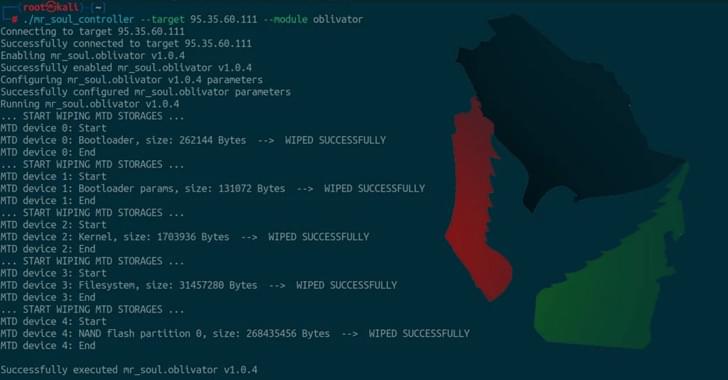

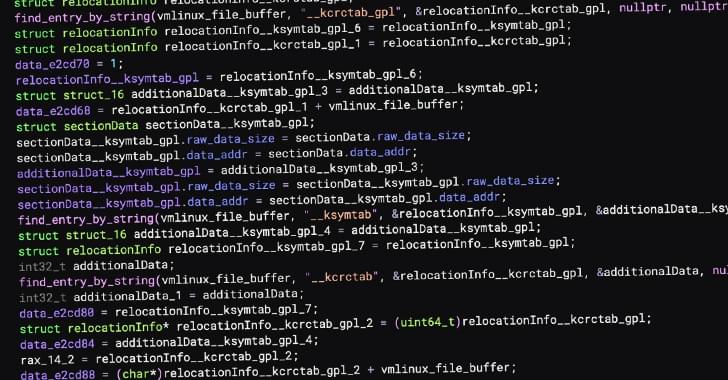

As many as 296,000 Prometheus Node Exporter instances and 40,300 Prometheus servers have been estimated to be publicly accessible over the internet, making them a huge attack surface that could put data and services at risk.
The fact that sensitive information, such as credentials, passwords, authentication tokens, and API keys, could be leaked through internet-exposed Prometheus servers has been documented previously by JFrog in 2021 and Sysdig in 2022.
“Unauthenticated Prometheus servers enable direct querying of internal data, potentially exposing secrets that attackers can exploit to gain an initial foothold in various organizations,” the researchers said.
The Spanish police, working with colleagues in Peru, conducted a simultaneous crackdown on a large-scale voice phishing (vishing) scam ring in the two countries, arresting 83 individuals.
Thirty-five of the arrested people were located across Spain, including in Madrid, Barcelona, Mallorca, Salamanca, and Vigo, and another 48 were arrested in Peru.
The leader of the ring was also apprehended in Spain during the 29 simultaneous raids conducted by the cooperating police forces, which also seized cash, mobile phones, computers, and documents.

Russian telecommunications watchdog Roskomnadzor has blocked the Viber encrypted messaging app, used by hundreds of millions worldwide, for violating the country’s legislation.
“Access to the Viber service is restricted due to the violation of the requirements of Russian legislation for organizers of information dissemination,” Russia’s internet regulator said in a press statement.
“Compliance with the requirements is necessary to prevent threats of using the messenger for terrorist and extremist purposes, recruiting citizens to commit them, selling drugs, as well as in connection with the posting of illegal information.”
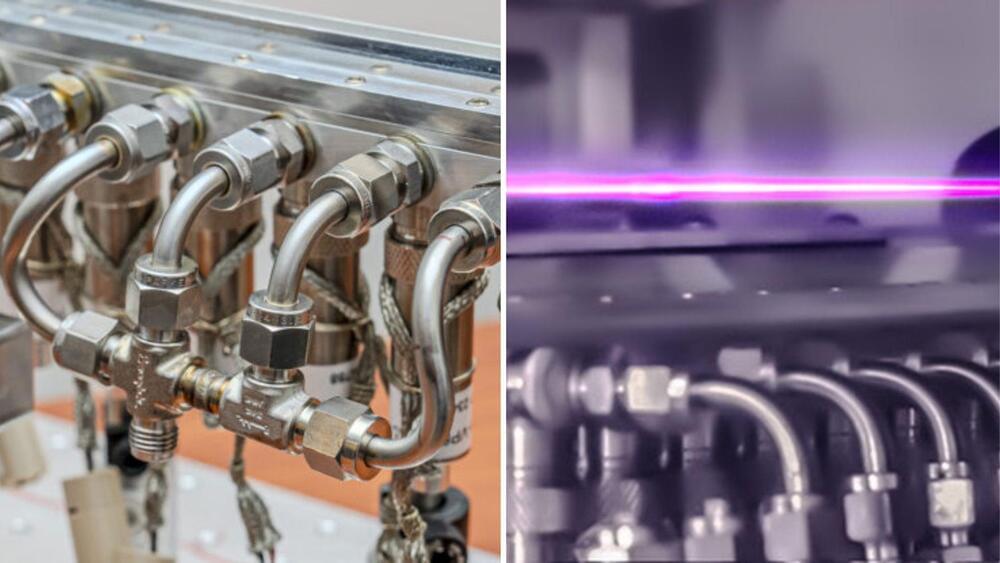

For human researchers, it takes many years of work to discover new super-resolution microscopy techniques. The number of possible optical configurations of a microscope—for example, where to place mirrors or lenses—is enormous.
Researchers at the Max Planck Institute for the Science of Light (MPL) have developed an artificial intelligence (AI) framework which autonomously discovers new experimental designs in microscopy. The framework, called XLuminA, performs optimizations 10,000 times faster than well-established methods.
The researchers’ work is published in Nature Communications.
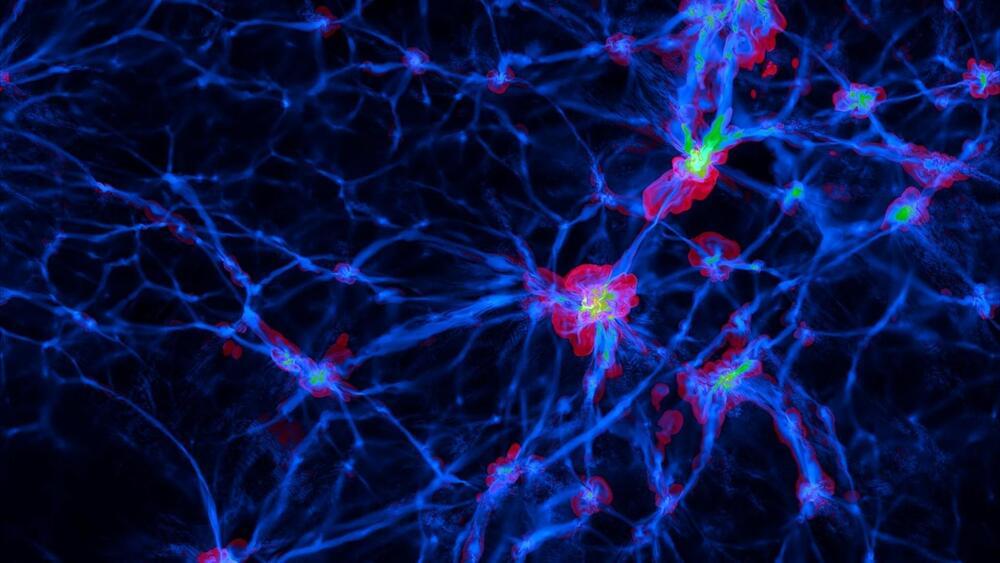
Recent studies have successfully observed magnetic shockwaves in the cosmic web by examining radio emissions between galaxy clusters.
This achievement, confirmed by comparing polarized light patterns with advanced simulations, opens new avenues for understanding cosmic magnetic fields and their role in the Universe’s structure.
Understanding the Cosmic Web.
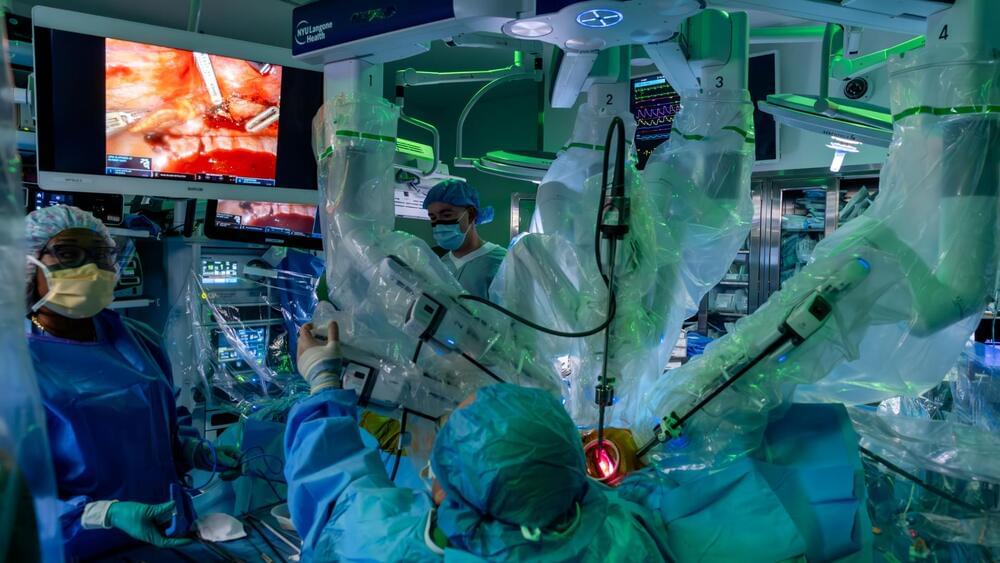
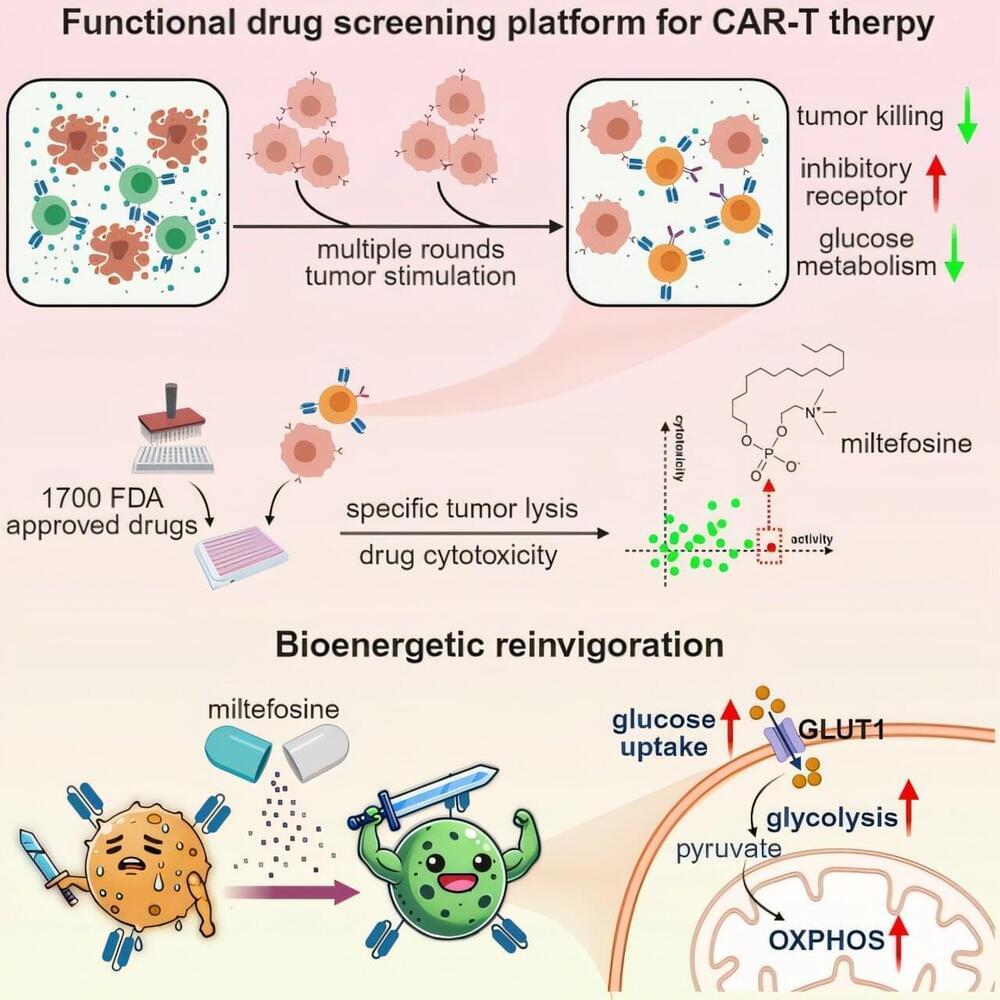
A research team led by Prof. Wang Haoyi from the Institute of Zoology (IOZ) of the Chinese Academy of Sciences has developed a chimeric antigen receptor T (CAR-T) cell exhaustion model and a functional screening platform for identifying compounds that can rejuvenate exhausted T cells.
Using this innovative platform, the team identified the small-molecule compound miltefosine, which significantly enhances the tumor-killing activity of CAR-T cells. This study was published in Cell Reports Medicine on December 9.
T cell exhaustion is a differentiation state that arises when T cells are exposed to persistent antigen stimulation. This state is characterized by a progressive loss of effector functions, sustained expression of inhibitory receptors, impaired proliferation, and compromised mitochondrial respiration and glycolysis capacity.